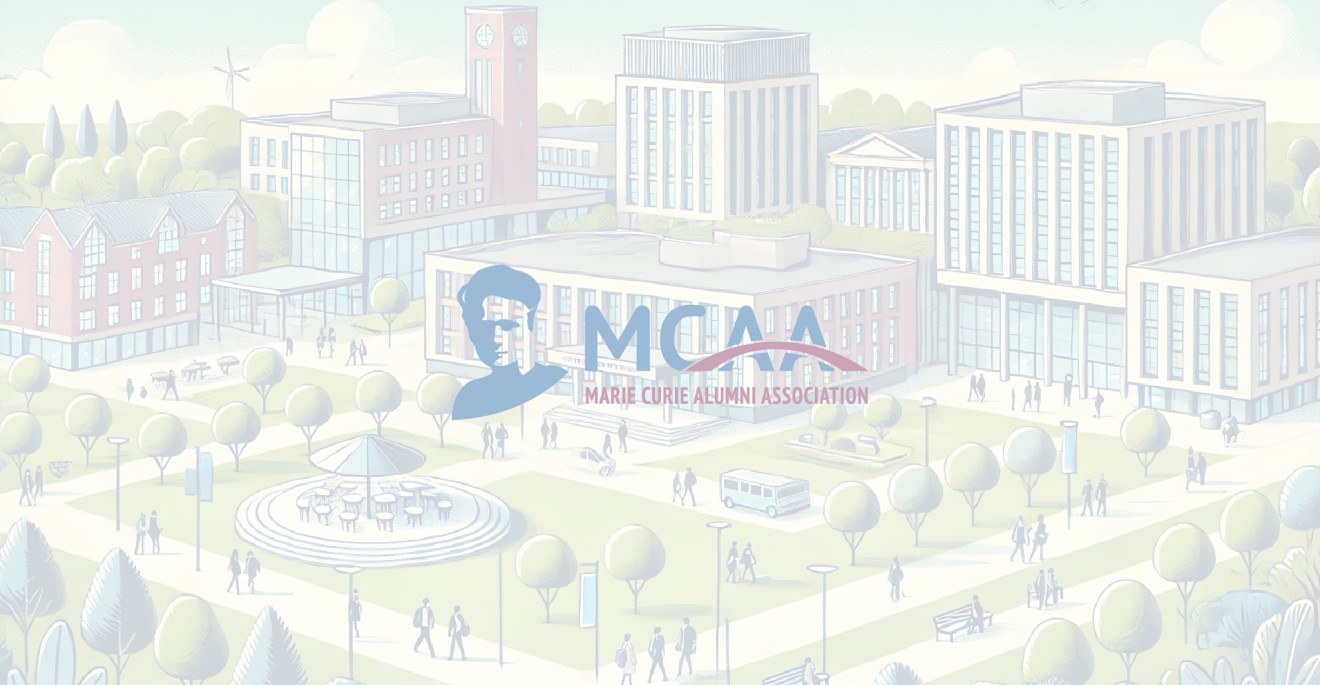On the eve of International Women’s Day, European Commissioner Věra Jourová, slammed EU member states for not eliminating pay gapsfast enough.

Věra Jourová is the European Commissioner in charge of Justice, Consumers and Gender Equality. She spoke to EURACTIV’s editor-in-chief Daniela Vincenti.
Ahead of International Women’s Day, some might see gender equality and gender parity as a mirage. Is the situation improving in Europe, or are we at a standstill?
The situation is stagnating, and it’s not easy for me to say because I would like to see better progress in several aspects. Maybe one of the things we could improve would be not to speak about gender equality only on the 8 March.
I think it should be a continuous topic which should be discussed on many different levels in all the member states. The situation is not improving too much, but I think that we will achieve results in the course of years, especially in those areas where we adopted legislation.
When you say the situation is improving, can you point to some of the actions undertaken by the EU that are bringing tangible results?
First of all, we came up with a package, comprising legislative and non-legislative measures to improve the situation of working parents — mothers, fathers, families —, because we see that one of the barriers for women is to be able to combine work and family life. And we want to open more space for families, for working parents, for women to decide. Also, we want results in the sense of more and better jobs for women. This is gradually improving, but we see the need for development.
We want also better conditions in relation to availability and affordability of social services, so what I recommend now is that member states use also EU funding for services like kindergartens and creches or social facilities for the handicapped members of their families. Here is where we make a difference. It is high time that somebody cares about working parents and carers.
You are pointing here to a big problem which is the risk that women bear the burden of the ageing population. We should try to avoid that the burden falls on women, and you mentioned parental leave and probably elderly care …
And paternity as well. On your question, what do we want to improve: better and better-paid jobs for women, smaller or decreased pay gap–still at the level of 16% difference between the salaries of men and women. We don’t know why, why should we have such a difference?
We have to address the root causes of the pay gap.
We desperately need to decrease the figures showing violence against women. Here, I want to invest a lot of time in promoting the legislation and also campaigning against all these horrible, horrible things.
And we want to get more women in managerial positions, be it in the private sector but also public sector and politics, because to have more women in decision-making positions will make our world better. I am absolutely convinced about that.
Let me get back to one of the points that you raised – equal pay. You mentioned a 16% gap. When it comes to pensions, for example, it’s even higher, 39%, and with an ageing population, I’m going back to that, it’s timely for member states to do something before the problem gets bigger. What can the Commission do to accelerate this kind of awareness?
It’s shameful, it’s shameful, this 39% gap. This is the factor which causes, which creates women’s poverty. And it is a very serious phenomenon.
What can the Commission do? First of all, we need to eliminate the pay gap over the life of women and men. I said to you that I don’t see any reason why women should have lower salaries. And then the result will be that also the pension gap will be lower if it exists at all. So this is a very systemic approach toward all the periods of the life of a person.
And I have to say, the majority of the tasks here are on the member states’ level because they are the masters of the social and tax systems where I see the biggest problems.
But also women may be fighting much more. Do we need to go on the street again and fight for our rights?
If no other measures work, this is the last resort. I will be there as well, but I believe in other ways of achieving the goals.
You are from the Czech Republic, so you come from a new member state. Male chauvinism is seen a big problem in that part of Europe, much more than in Western Europe. Is that a perception or a reality?
Unfortunately, it’s a reality, not only in my country but in the other eastern countries. But not only to speak about the east, we see from the statistics that there is a similar situation when we compare the northwest countries and southeast.
And there are many factors which cause that the role of a woman is still lower or lower perceived than the role of a man. And we see that also our measures and all the proposals for solutions are not so easy to sell and to promote, especially in the eastern countries.
Yet I try hard to convince the Czech political sphere and Czech society that we should decrease the pay gap and combat against violence. What I don’t do is just fighting against discrimination. It doesn’t work like that, because when I say it, it is kind of taboo. I have to speak about concrete problems where I have the figures, and it needs patience and also personal involvement and courage.
You mentioned having more women in politics and at higher levels. Now the Juncker Commission came up with a goal to increase the number of women in its institutions, to practice what you preach in a way. Last week, there was a reshuffle of the different positions within the senior management in the Commission, and now we have 36% women, up from 11% in 2014. Are you satisfied?
I am happy, but I am not satisfied. I am happy that we are progressing. I am not satisfied yet because we said the goal should be 40%, and I know that Günther Oettinger, who is responsible now for human resources, and Kristalina Georgievna, they are both very determined in increasing this number of women in senior positions. And I think if we achieve the goal – but already now, 36, 37% is not bad at all – we could serve as a role model for many other public institutions.
So you do believe in quotas?
I believe in fair competition, because what we apply here is fair competition, and if there are two very comparable candidates having very similar comparable education and experience – all the qualities – if we have a man and woman, priority should be given to the candidate who is underrepresented. It’s usually a woman.
So basing it on merit.
Yes, I strongly believe that gender itself is not a qualification, and it speaks against some kind of mechanic quota. And I can tell you, maybe it’s my Czech origin that I am so careful about that.
But I don’t like this story that a highly qualified, fantastic, brilliant, educated man has to give priority to a woman. I don’t like this concept, and I think that we women are strong enough to be able to compete fairly. I am a strong believer in this.
Especially the new generation.
Yes.
You have another year and a half, roughly, until the end of this Commission’s mandate. If you had a wish for a legacy, which one would that be, what would you really like to see achieved by the end of the mandate on gender equality?
To choose one thing, I’d like to achieve the goal that the societies and our member states will not take violence against women as something normal and something which we tolerate. This is the mindset or cultural change, which is usually a long-distance run.
But I believe that we can achieve it by ratification of the Istanbul Convention, which I push hard on so that we have it in all the member states, and that is a lot of work for myself. I have to go to the countries and speak to the opponents and protesters against this Convention and to explain why this is an important piece of legislation. What are the desired results? And what are the missed, the nonsense around that, created suddenly in some member states?
So technically speaking, the ratification of the Istanbul Convention is my big goal and also to enlighten and to help the societies to understand better and to accept that violence against women and children is intolerable, unacceptable, and something which we all have to combat.


